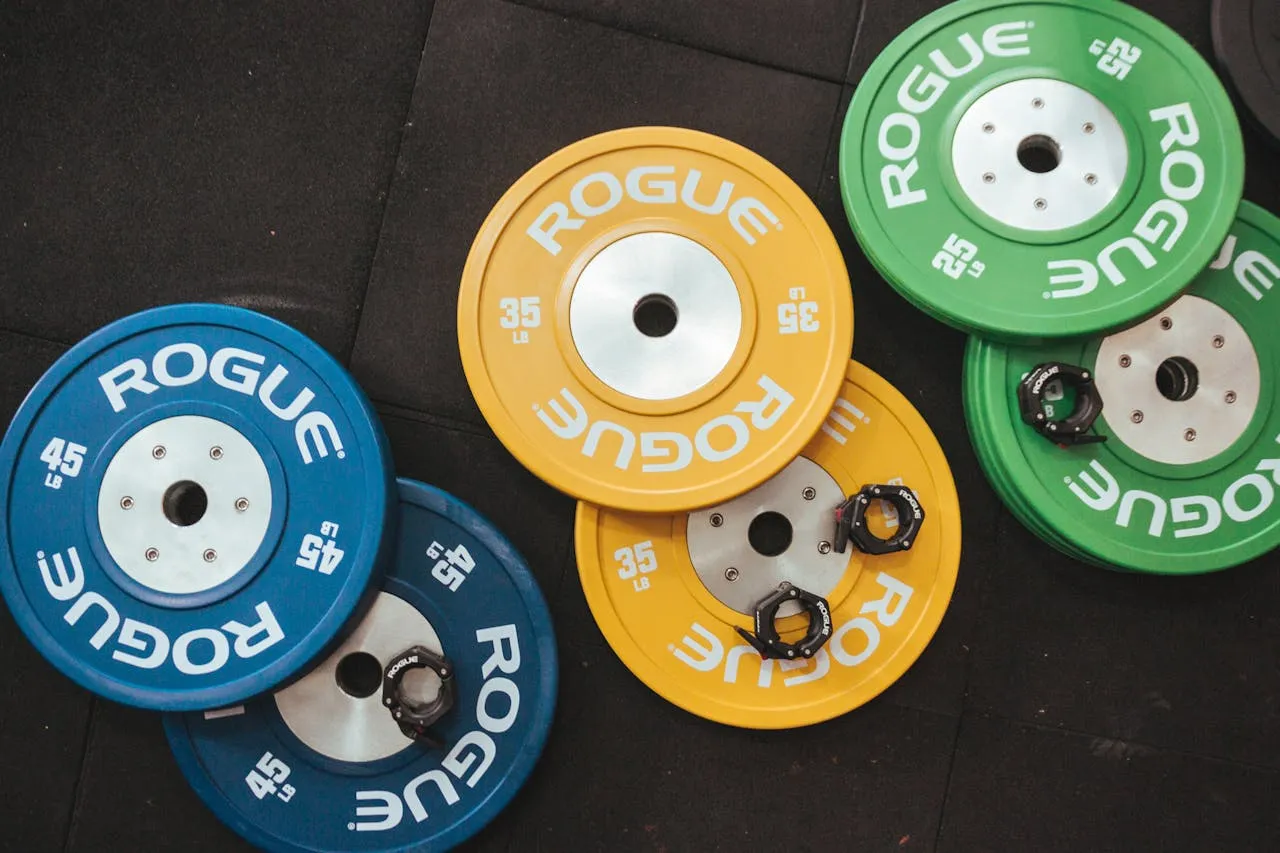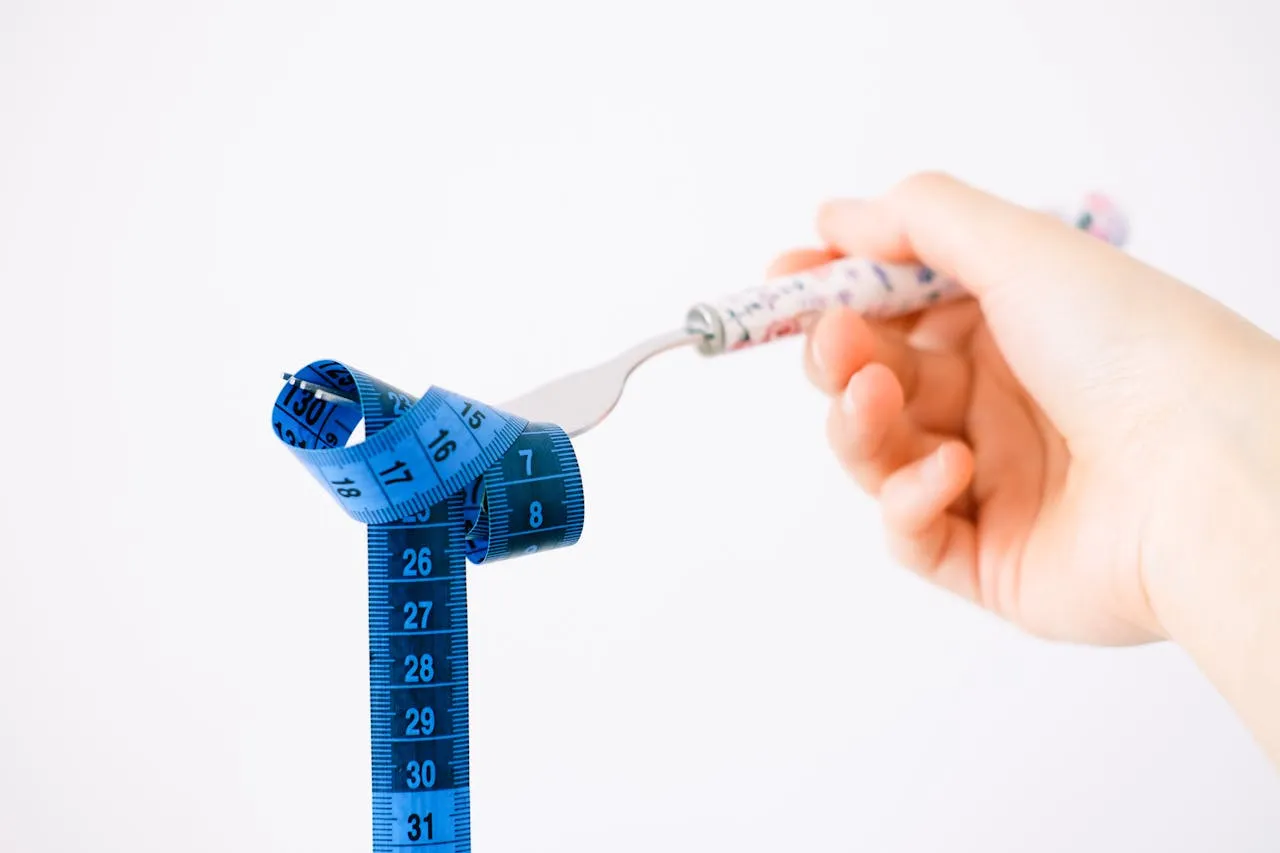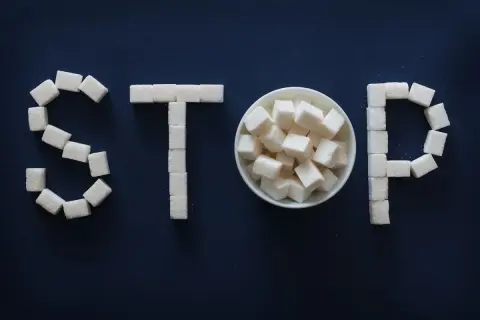 Friday, May 30, 2025
Friday, May 30, 20252 weeks without training? This is how quickly you lose muscle and performance.
Do you know the feeling? You just want to take a short breather – perhaps due to illness, vacation, or simply because everyday life has become overwhelming – and suddenly, two weeks have passed. No training. No pumping. No progress. Just a guilty conscience and the quiet panic: Was it all in vain?
Relax – but not too much. Because yes, your body does change in this short span of time. Not dramatically, but noticeably.

Muscle Mass: The Beginning of the End?
After just 5–7 days without training, your body can start to lose muscle mass. This process is known as muscle atrophy. Don’t worry: You won’t lose everything right away. However, a study published in the Journal of Applied Physiology (2000) shows that the muscle cross-section begins to decrease slightly after just one week – especially if you were very active before.
After 14 days:
- Reduction in muscle mass by approximately 0.5–1.5%
- Quickly noticeable in smaller muscle groups (e.g., biceps, shoulders)
- Perhaps visually hardly perceptible, but noticeable in training post-break

Loss of Strength: Less Weight, More Frustration
Strength follows the principle of "use it or lose it." This especially affects explosive power (e.g., in sprinting or Olympic lifting) very quickly. Studies indicate that after just 2 weeks:
- up to 10% of strength performance can be lost
- particularly in advanced athletes
- even the central nervous system can get a bit "out of sync"
But: Your muscles remember. This phenomenon is referred to as muscle memory – and it assists you in regaining your previous level quicker after a break.

Cardio: The Turbo Slows Down
If you pause your endurance training, your body feels this especially quickly. After just 7 days, your VO₂max (maximal oxygen uptake) starts to drop.
After 14 days:
- Reduction of VO₂max by up to 10–15%
- Heart rate increases under stress
- Recovery time extends
Sound unfavorable? It is – but don’t worry: Within a few sessions, you can work your way back up.

Metabolism & Insulin: The Energy Manager Becomes Sluggish
An underestimated effect is the change in metabolism:
- According to a study from Diabetologia (2013), insulin sensitivity worsens after just 2 weeks of inactivity
- This means: Your body needs more insulin to transport glucose into cells
- Consequence: Increased cravings, more fat accumulation – less performance
Therefore, if you take a break AND simultaneously eat poorly, you lose out twice.

Mental Breakdown: Motivation in the Basement
Not only the body suffers – the mind does too.
- Training boosts dopamine, serotonin & endorphins
- Without these "feel-good hormones," the risk of dissatisfaction, irritability, and sleep disturbances increases
- And the worst enemy returns: procrastination ("I'll start again on Monday… next week… next year…")

The Good News: Returning is Easier Than You Think
Muscle Memory: Your muscles don’t "forget" their previous size – thanks to former satellite cells and epigenetic markers, rebuilding happens much faster than the very first time.
Strength Returns Quickly: After just a few sessions, you can regain about 80–90% of your old strength.
Routine Can Be Reprogrammed: Even if you take a two-week break, you can quickly find your way back into training with a clever start – ideally with moderate volume but high frequency.

What You Can Do During the Break (Without the Gym):
| Activity | Effect on the Body |
|---|---|
| Walking (10,000+ steps) | Fat burning & blood sugar regulation |
| Bodyweight Training (e.g., push-ups, air squats) | Muscle preservation without equipment |
| Mobility & Stretching | Injury prevention & recovery |
| 10-Minute Workouts | Maintaining fitness with minimal time investment |

Conclusion: Not the End of the World – But Also Not a Vacation
Two weeks without training won’t turn you into a couch potato – but they will take a noticeable toll on your body. Muscle loss, loss of strength, sluggish metabolism, and mental breakdowns are real consequences.
But the solution is simple: Stay active – in some way. And if a break is necessary, take it consciously, regeneratively, and with a plan.


